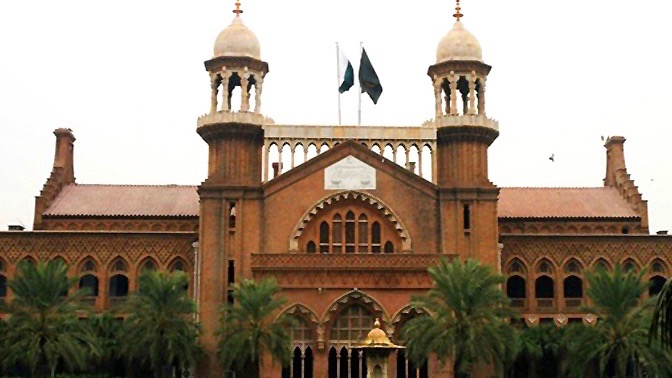On March 30, a court in Pakistan struck down the country’s colonial-era sedition law. The Lahore High Court gave the historic verdict and declared Section 124-A of the Pakistan Penal Code “ultra vires” of the constitution.
Section 124-A of the Pakistan Penal Code , commonly known as the sedition law, pertains to the crime of inciting “disaffection” in any form towards the federal or provincial government in Pakistan, which can lead to harsh punishments like life imprisonment.
The law states: “Whoever by words, either spoken or written, or by signs, or by visible representation, or otherwise, brings or attempts to bring into hatred or contempt, or excites or attempts to excite disaffection towards, the Federal or Provincial Government established by law shall be punished with imprisonment for life to which fine may be added, or with imprisonment which may extend to three years, to which fine may be added, or with fine.”
The verdict was given by Justice Shahid Karim after hearing a host of petitions seeking to annul Section 124-A, reported Dawn. According to the report, one of the pleas, filed by Haroon Farooq, sought to repeal the law on the grounds that it violated several fundamental rights to freedom under the Pakistan constitution.
The petition also claimed that the law had been “recklessly” used in the country to silence freedom of speech guaranteed in Article 19 of the constitution.
In recent years, several people including journalists, academics, politicians, activists, and civil society members have been booked under the sedition law in Pakistan. The list includes leaders of the Pashtun Tahafuz Movement like Manzoor Pashteen, Member of National Assembly (MNA) Mohsin Dawar and Ali Wazir, activist Ammar Ali Jan, and, recently, members of Imran Khan’s Pakistan Tehreek-e-Insaf (PTI) party for speeches made at protests and for criticizing state institutions.
On Thursday, the Human Rights Commission of Pakistan took to Twitter to welcome the verdict striking down the archaic law.
HRCP welcomes the Lahore High Court’s decision to invalidate Section 124-A of the PPC, which criminalizes criticism of the federal and provincial governments as ‘inciting disaffection’ or sedition. pic.twitter.com/we9yy3jPGL
— Human Rights Commission of Pakistan (@HRCP87) March 30, 2023





